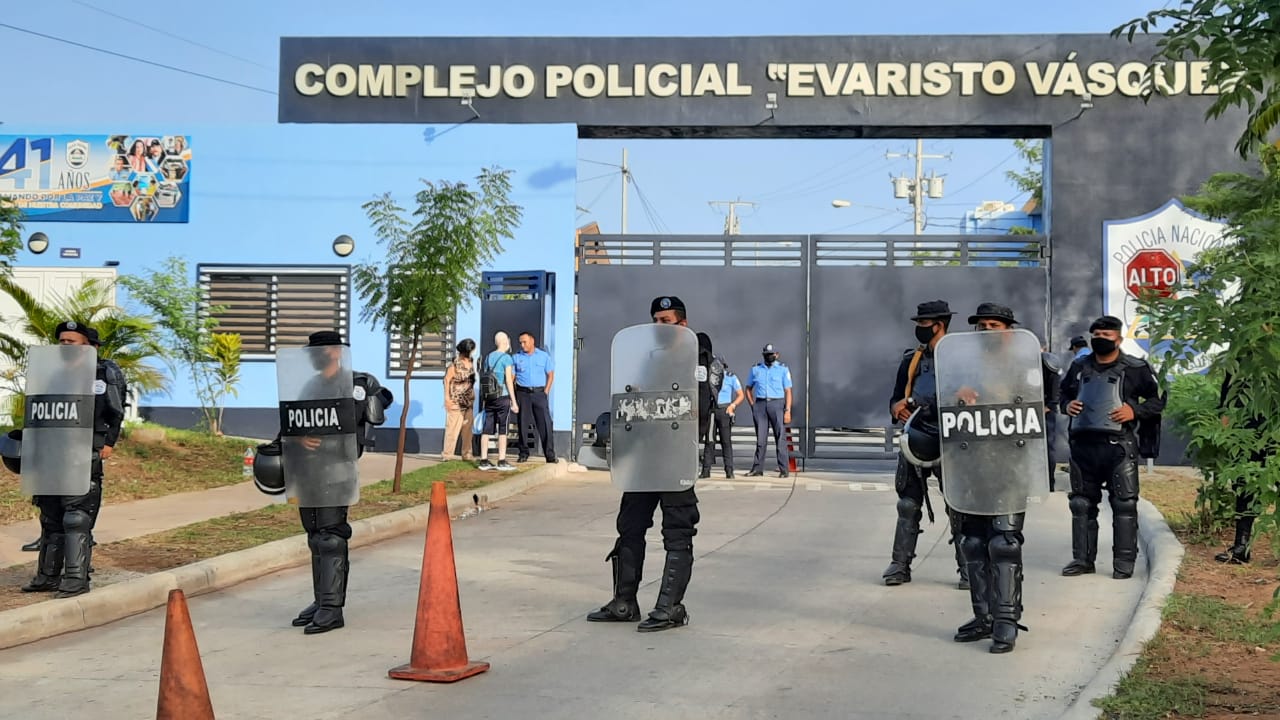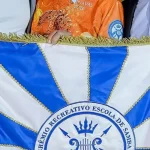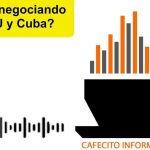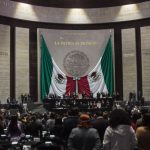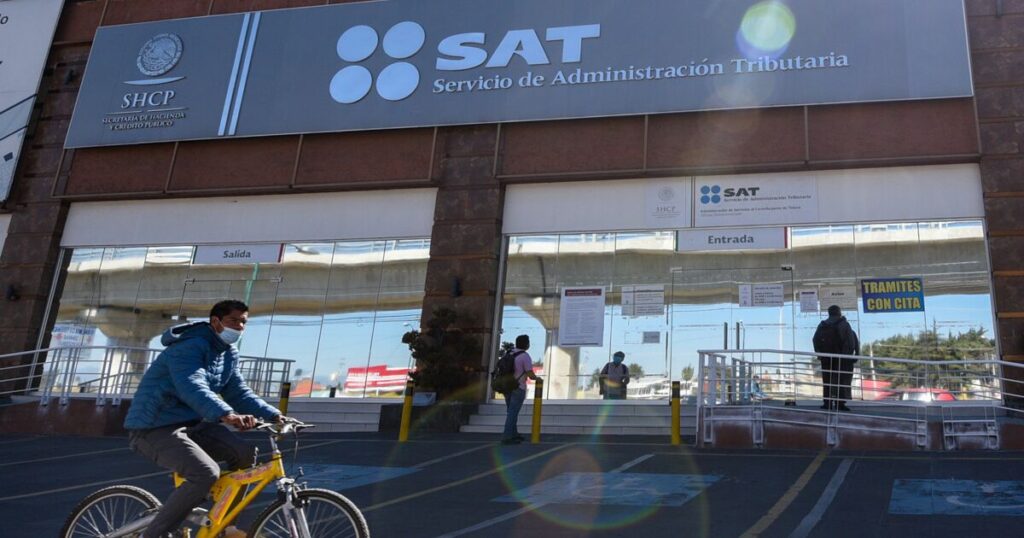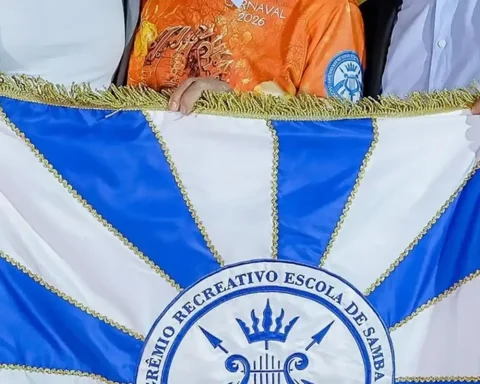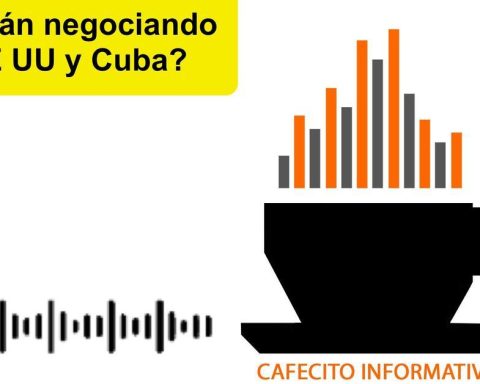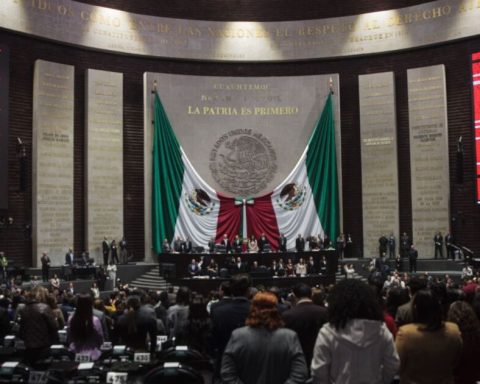The relatives of political prisoners denounce that during the last visit, carried out after 47 days of incommunicado detention in the prisons of the Directorate of Judicial Assistance (DAJ) in Managua known as “El Nuevo Chipote”, they presented “serious” deterioration, being subjected to ” constant torture and lack of food”.
They assure that during the meetings that took place from June 10 to 12 they verified that their relatives are “thinner, but they do not inform them about their weight. Physical deterioration continues. The main cause is the lack of food and the reduced portions they are given. Many are presenting chronic illnesses and ailments caused by imprisonment, “they denounced.
Related news: Relatives insist that the lives of political prisoners continue to be “at risk” in Chipote
Faced with the new ailments that the hostages of conscience are presenting within the prison system, they reject that there continues to be a lack of timely medical care, “they wait until the last moment to attend to them, when people are already very ill,” they assured in a statement.
They maintain that they continue to receive incomplete food packages and some cells still remain in darkness every day, “and in almost all of them, the level of humidity is causing fungal growth and affects their skin.” The physical torture does not stop either, allowing only a few people to go out to sunbathe every seven or 10 days, but all remain in confinement, without sunlight.
Their families reiterate that the human rights of all political prisoners must be respected, protect their lives and physical and emotional integrity until the unconditional release of prisoners of conscience occurs. They demand that these physical and psychological tortures stop.
Related news: Pedro Vásquez, a year in captivity: “In poor health, poorly fed and without medical attention”
That they be allowed to receive weekly parcels with food that make up for protein and vitamin deficiencies, that visits be regularized every 15 days and that their minor sons and daughters be allowed to visit them, that they be given a Bible, reading and writing and receive specialized medical attention in a timely manner, including annual examinations for women with access to the results and treatments.
At least 68 Nicaraguans, including opposition leaders, students, peasants, journalists and independent professionals, including seven dissidents who aspired to compete for the Presidency, were arrested in the context of the general elections on November 7 last.
Of that group, at least 57 have been sentenced to between 7 and 13 years in prison for crimes considered “treason against the country” or money laundering, of which 9 are under house arrest.
